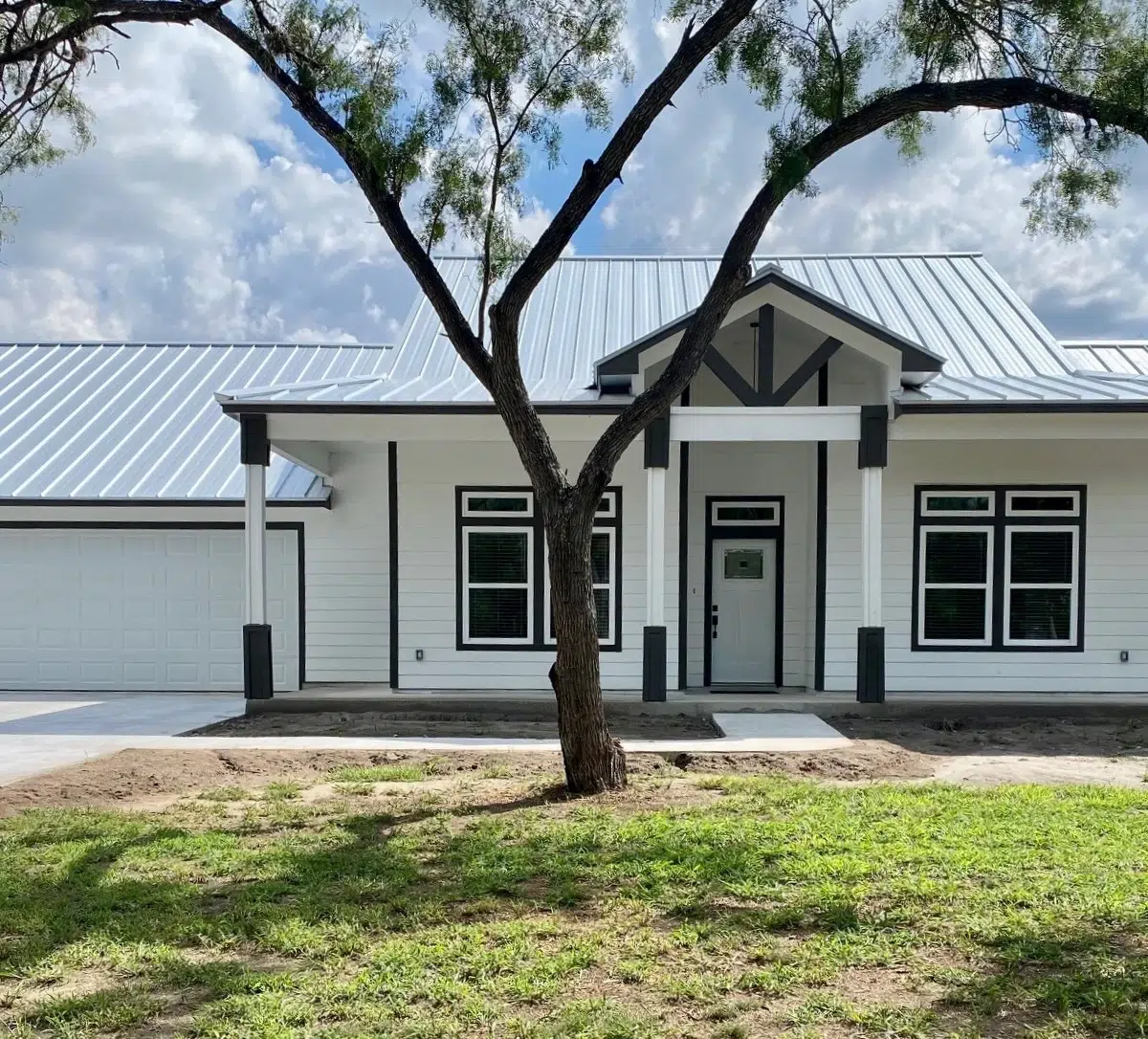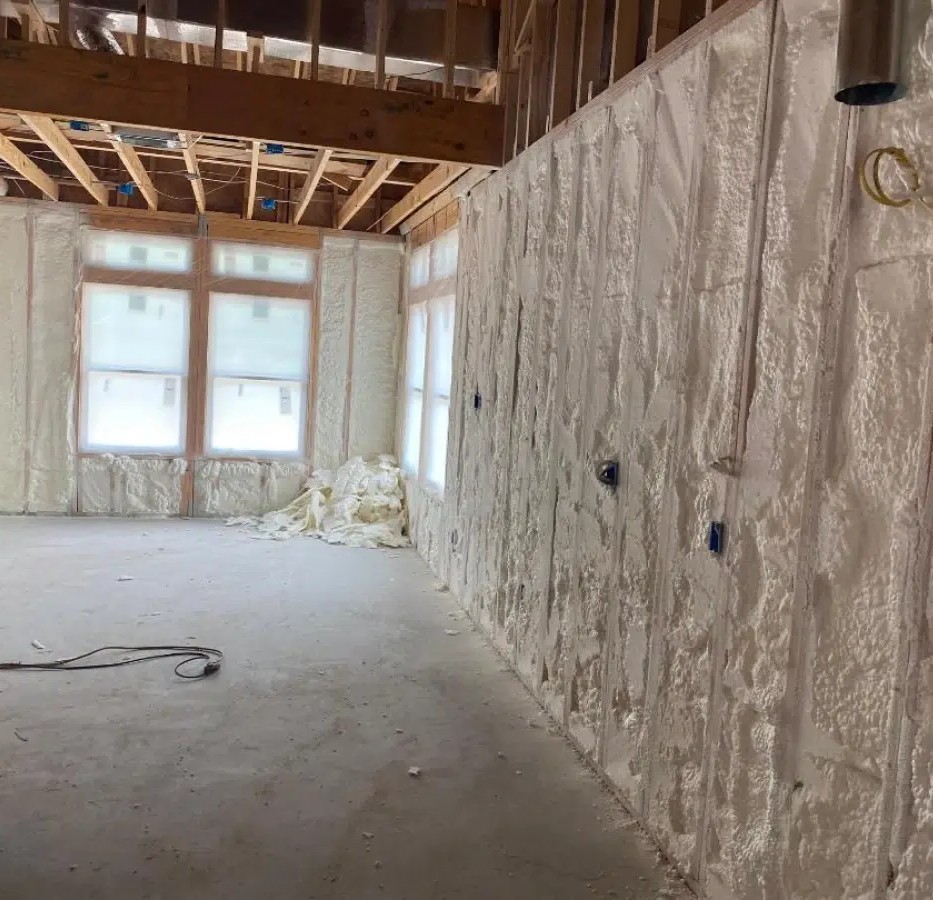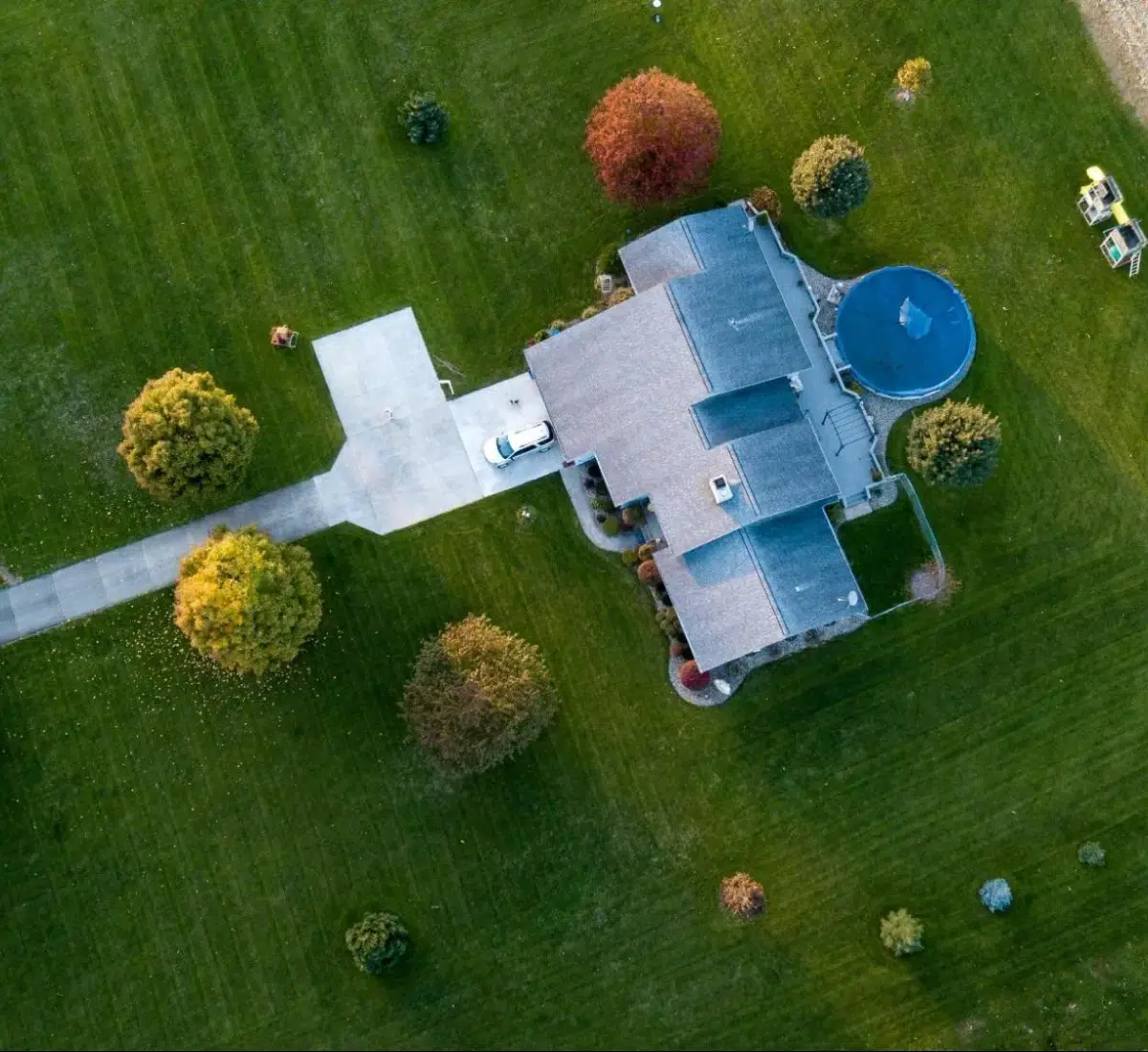How to Choose the Perfect Texas Lot for Your Custom Home
Important Factors When Choosing Your Texas Lot
Location is the biggest part of your custom home process. It shapes your day to day and affects your property’s long-term value. A good Texas lot should fit your needs and give you access to all the locations you need like groceries, service stores, and more.
Your choice of neighborhood will shape how you live. Lots close to subdivision entrances give you fast access to main roads but come with more traffic noise. On top of that, corner lots give you bigger yard spaces but they just need more maintenance and street appeal from multiple angles. Here is everything to think about when selecting the right lot.


Texas Land Regulations
Texas does things differently when it comes to land regulations. Texas lets local governments control zoning and development.
Cities with more than 5,000 people, known as home rule cities, have more power to create their own zoning codes. These cities can set detailed rules about building height, lot size, and how property can be used. Your future home’s design depends on a bunch of local zoning laws.
- Building height and size limitations
- Percentage of lot occupation
- Setback requirements from property lines
- Population density restrictions
- Specific land use permissions
You need to know your city’s specific requirements. Zoning codes split into different categories that define what you can do with your land. These rules help keep property values stable and make sure new buildings fit well within neighborhoods.
Getting permits needs careful planning and attention to detail. You’ll need to submit plans and documents that follow local building codes. Working with builders like Coastal Plains Homes who know local regulations is the quickest way to avoid delays or problems.
Land's Physical Features
Your land’s physical features create the foundation for your custom home project. These determine if your construction plans are possible and what they will cost you.
Your lot’s topographical characteristics need a good look. Professional surveys show the natural land contours, changes in elevation, and existing features. This full picture reveals a few things.
- Natural drainage patterns and water flow
- Existing trees and vegetation worth saving
- Potential building site locations
- Easements and property boundaries
- Flood zone classifications

Do You Need A Custom Builder?
Custom Home Lot FAQs
What are the key factors to consider when choosing a lot for a custom home in Texas?
When selecting a lot for your custom home in Texas, consider factors such as location, proximity to amenities, lot size and shape, orientation for natural light, terrain and topography, zoning regulations, and potential for future development in the area.
What role do local zoning laws play in custom home construction in Texas?
Local zoning laws in Texas play a big role in custom home construction. They determine building height and size limitations, setback requirements, land use permissions, and other regulations that affect your home’s design and construction.
What is a good lot size for a custom home in Texas?
While preferences vary, many custom homeowners in Texas look for lots that are at least one-half acre or larger. Some buyers prefer lots greater than one acre for increased privacy and reduced noise.
How does lot orientation affect custom home design in Texas?
Lot orientation is important in custom home design as it influences natural light exposure and energy efficiency. Your builder will work with the site orientation to maximize these benefits.
